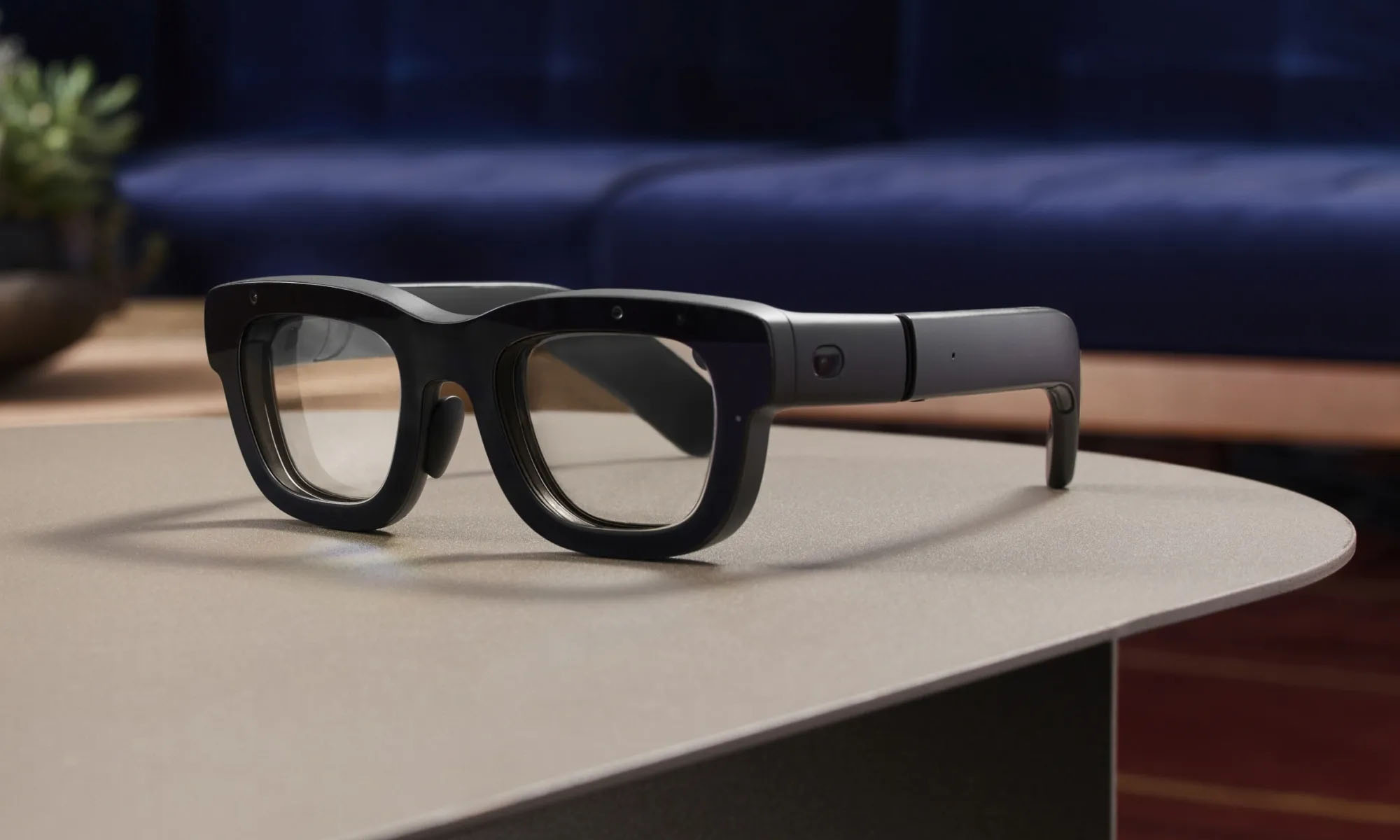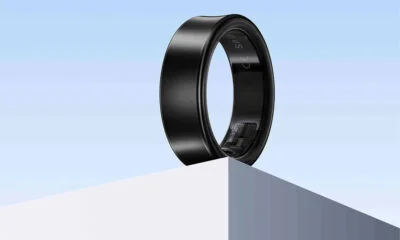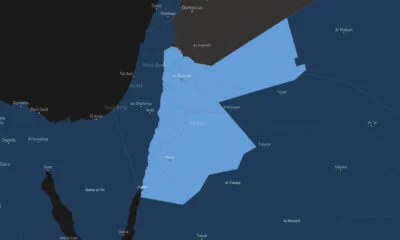News
Meta Reveals Orion AR Glasses, Offering A Glimpse Into The Future
The prototype was showcased at the Connect conference, bringing the company’s vision of blending virtual and physical worlds closer to reality.

Meta, the parent company of Facebook, has unveiled a working prototype of its augmented-reality glasses — named Orion — at its annual Connect conference. At the event, CEO Mark Zuckerberg outlined his vision to use the AR device to blend the real world with the virtual:
“This is the physical world with holograms overlaid on it,” Zuckerberg said as he slid the glasses from their metal case. Describing Orion as “a time machine” he added, “These glasses exist, they are awesome, and they are a glimpse of a future that I think is going to be pretty exciting”.
The Orion AR glasses are built from magnesium alloy and run on custom silicon chips developed by Meta. They offer users control via hand-tracking, voice commands, and a wrist-based neural interface. Zuckerberg said Meta plans to further refine the glasses, making them smaller, more affordable, and ready for mass production in the near future.
So far, sources have revealed that Meta aims to release its first consumer version of the Orion AR glasses by 2027, once the technology has become more cost-effective.
Also Read: Bybit Launches Islamic Account, Enabling Shariah-Compliant Trading
In addition to Orion, Meta introduced a more modest mixed-reality headset called the Quest 3S, with a starting price of $300. The company also rolled out several new AI tools, including chatbot updates and the ability for Meta AI to auto-insert personalized images into Facebook and Instagram feeds. An audio upgrade also allows users to choose celebrity voices, like Judi Dench or John Cena, for the Meta AI assistant. “I think voice is going to be a way more natural way of interacting with AI than text,” Zuckerberg said.
Finally, Meta has introduced three new versions of its Llama 3 AI models. The company continues to invest billions in AI and metaverse technologies, pushing its capital expenditure forecast for 2024 to a record $37-40 billion.
News
Google Releases Veo 2 AI Video Tool To MENA Users
The state-of-the-art video generation model is now available in Gemini, offering realistic AI-generated videos with better physics, motion, and detail.

Starting today, users of Gemini Advanced in the MENA region — and globally — can tap into Veo 2, Google’s next-generation video model.
Originally unveiled in 2024, Veo 2 has now been fully integrated into Gemini, supporting multiple languages including Arabic and English. The rollout now brings Google’s most advanced video AI directly into the hands of everyday users.
Veo 2 builds on the foundations of its predecessor with a more sophisticated understanding of the physical world. It’s designed to produce high-fidelity video content with cinematic detail, realistic motion, and greater visual consistency across a wide range of subjects and styles. Whether recreating natural landscapes, human interactions, or stylized environments, the model is capable of interpreting and translating written prompts into eight-second 720p videos that feel almost handcrafted.
Users can generate content directly through the Gemini platform — either via the web or mobile apps. The experience is pretty straightforward: users enter a text-based prompt, and Veo 2 returns a video in 16:9 landscape format, delivered as an MP4 file. These aren’t just generic clips — they can reflect creative, abstract, or highly specific scenarios, making the tool especially useful for content creators, marketers, or anyone experimenting with visual storytelling.
Also Read: Getting Started With Google Gemini: A Beginner’s Guide
To ensure transparency, each video is embedded with SynthID — a digital watermark developed by Google’s DeepMind. The watermark is invisible to the human eye but persists across editing, compression, and sharing. It identifies the video as AI-generated, addressing concerns around misinformation and media authenticity.
While Veo 2 is still in its early phases of public rollout, the technology is part of a broader push by Google to democratize advanced AI tools. With text-to-image, code generation, and now video creation integrated into Gemini, Google is positioning the platform as a full-spectrum creative assistant.
Access to Veo 2 starts today and will continue expanding in the coming weeks. Interested users can try it out at gemini.google.com or through the Gemini app on Android and iOS.



























